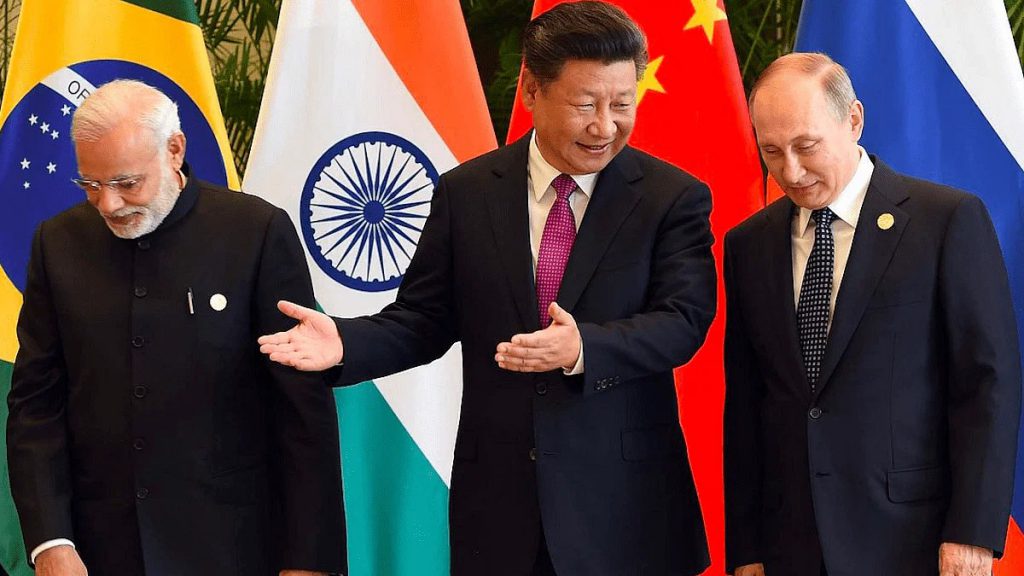Amid the growing de-dollarization plans for the BRICS bloc, a recent survey has found that 70% of countries are seeking Central Bank Digital Currency (CBDC) development to help ditch the US Dollar. Indeed, the Official Monetary And Financial Institutions Forum (OMFIF) survey highlighted the rather interesting results.
The survey showed that 41% of Central Banks are set to adopt the digital currency by the year 2028. However, it also revealed that 70% are seeking to have it fully operational within the next ten years. Moreover, the survey states that, amid the domination of Western currency globally, many countries see the project as a “defensive play to preserve monetary sovereignty.”


Also Read: BRICS Currency To Be a Major Focus at 2024 Summit?
70% of Central Banks Using CBDCs as Defensive Currency
For much of the last year, global de-dollarization has become an ever-present reality. Indeed, the global south has seemingly led the way for the international abandonment of the US dollar. Although it is still the world’s dominant currency, the diversification of global economics has been an unavoidable reality.
Now, a recent OMFIF survey has shown that, amid BRICS de-dollarization efforts, 70% of central banks are seeking CBDCs to help ditch the US dollar. Indeed, the survey noted that the majority of Central Banks are hoping to have the currency fully operational within the next ten years.


Also Read: BRICS: 30 Countries Interested in Joining Upcoming Expansion
What is increasingly interesting is the reasoning behind the development. “For the majority of emerging market respondents, the clear motivation is to improve financial inclusion,” the survey stated. “For many developed market central banks, it is more a defensive play to preserve monetary sovereignty.”
Interestingly, the survey shows that developing nations are seeking digitized currency as a way to better compete in the ever-changing financial landscape. Conversely, developed economies are seeking ways to preserve their currency status. Altogether, both factors present a key threat to the US dollar’s continued prevalence. Especially with the BRICS bloc continuing to work against its international relevance.





